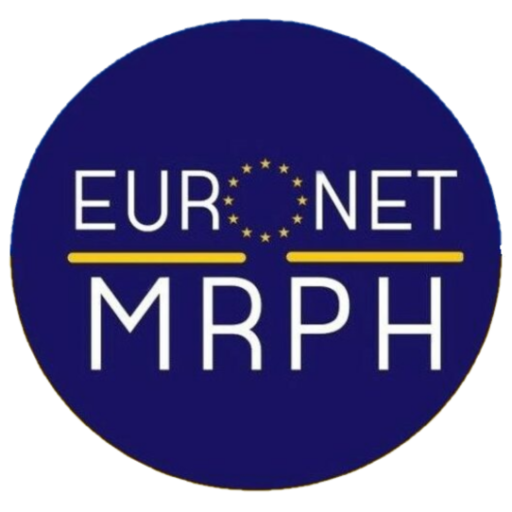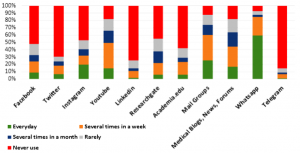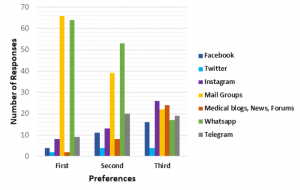Dear EuroNetters,
As the Spring Meeting approaches (Torino, 11-13th of April), we’d like to share some you some practical information about the meeting venues and the programme.
But first things first, so let’s start with a brief introduction of what EuroNet meetings are and what to expect if you join us.
Most of you reading this newsletter will probably already know that EuroNet meetings are a wonderful opportunity to meet public health residents from other EU countries, creating valuable networks for our present formation and future careers; moreover, it provides to the participants the chance to actively get involved in the different projects that the working groups inside EuroNet carry on throughout all the year.
Another important point that helps to make EuroNet meetings so special is the social programme; even those of you who still have not joined a meeting might have heard about some legendary stories about very big data, pineapples, absinthe voids, huge paellas, not-so-hot tubs in the snowy Slovenian mountains and many more which are better not to be shared on this occasion.
If you want to know more about previous meetings, take a look at our newsletters on http://EuroNetmrph.org/.
Coming to Torino, the meeting opening session will probably take place in the “Aula Magna del Rettorato” (Via Po 15) on Thursday 11 April.
The meeting should start by 14:00 and it will include a brief introduction of the meeting, a presentation of the new board and leads and their action plan for 2019 and a first session to allow the different Working Groups to update and work on their projects.
The following day and on Saturday morning the meeting venue will be the “Aula Magna di Igiene” (Via Santena 5 bis) and the two sessions (morning and afternoon) will be about the two most voted topics during the poll in January: Data Science and Public Health policies regarding fake news, alternative medicine and anti-scientific issues.
For the first topic we will have as our guests some experts from the Institute for Scientific Interchange (ISI Foundation) of Torino and from the Politecnico di Torino, while for the second topic we are waiting for confirmation by guests, although the idea is to use the formula of discussion groups: on these premises, if any of the participants want to share some issues related to PH policies, at a national or international level, and their impact on society and on the clumsy world of anti-scientific movements, please let us know (contacts at the bottom of the article). Examples of these would be how to cope with vaccination coverages, how
to deal with alternative treatments, what can be done on a more training and educational level for PH residents and how we think such issues should be addressed – both as residents and as future professionals.
On the last morning the General Assembly will take place, together with another WGs session, then all free to enjoy what Torino has to offer!
And this allows us to get through a crucial topic: Social Programme!
On one of the two meeting evenings (Thursday or Friday) we will have a world famous “Aperitivo”: this usually consists of a formula where with the first drink you get access to a buffet including a wide range of food, from starters to sweets, served hot and cold; we will choose the location after the subscription form will be closed, options include the beautiful locations of Piazza Vittorio Veneto or a terrace on the Po river. On the other night we will have a more regular dinner in one of the restaurants or trattorie in the city center. For Alberto and for those who call themselves brave, a steaming-hot Bagna Cauda is already waiting.
For those who are staying for the weekend, you can choose whether to have lunches and dinners all together or consider yourself free to enjoy a short holiday, we will ask this via the form just to have an idea.
Anyway, both Angelo and Robin will be fully available all weekend to take you around the city for sightseeing, visiting famous monuments and wineries, buying the best chocolate to take back to those you really care about.
The night will of course be the moment to get into the Torino nightlife, crazy bars and venues are already waiting for the EuroNet invasion!
We have arranged an agreement with the Tomato Backpacker hostel (https://www.tomato.to.it/) for cheaper fares, but the number of places is limited. We will give you the details on how to book in the registration’s opening mails. In case you won’t be able to find accomodations at Tomato, the area delimited by Via Po, the Po river, Corso Dante and Via Nizza, along the metro line or the bus line 18, is the best in terms of transports and proximity to city center (you can find the map on the EuroNet website).
Can’t wait to meet you there!!
The Organisation Team
Contact info: robin.thomas@unito.it, a.dambrosioMD@gmail.com


